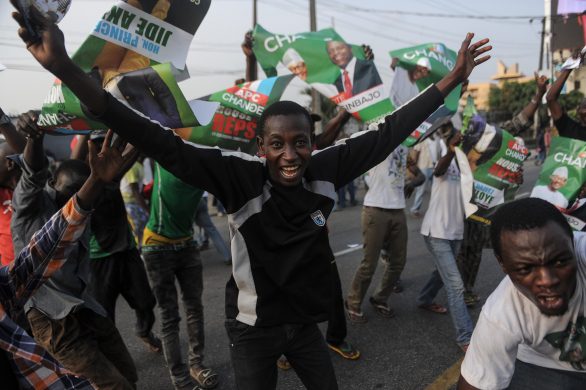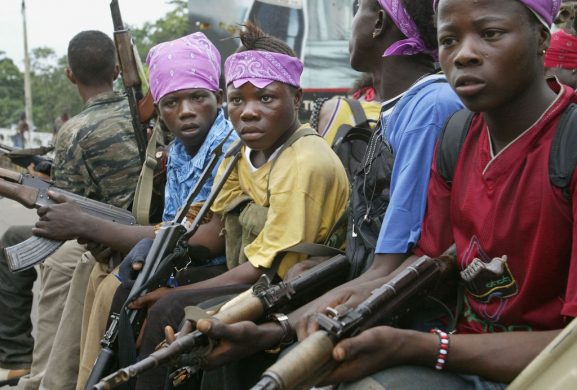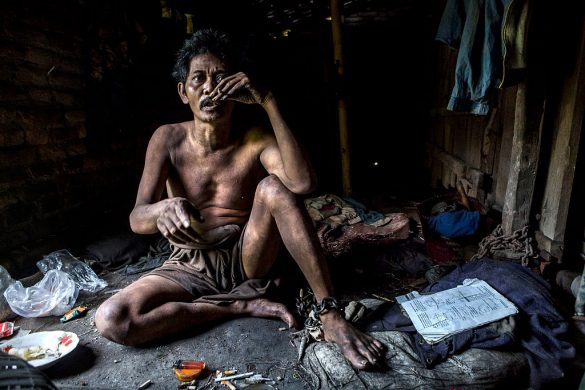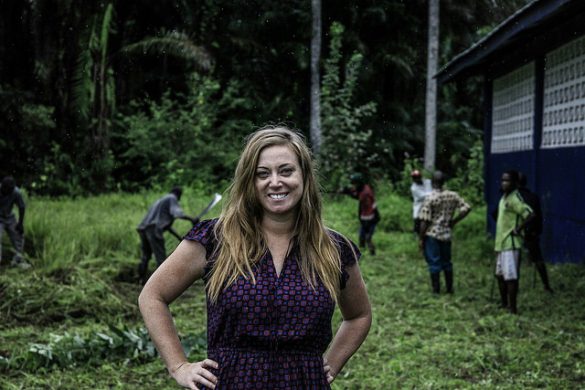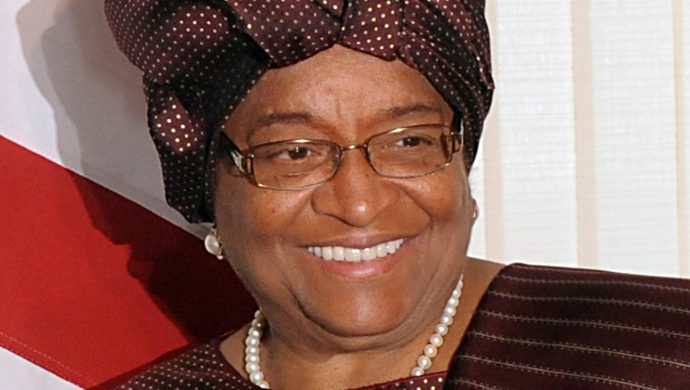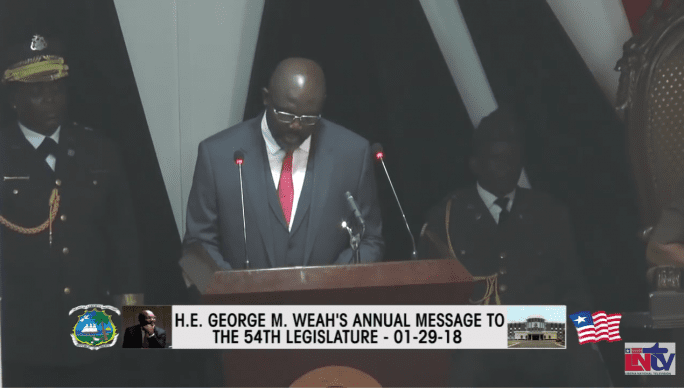GENEVA, 23 November, 2015 (WHO): On 19 November 2015, Liberia identified a new "flare-up" of Ebola after stopping transmission in September.
There are currently three confirmed cases from the same family being treated in an Ebola treatment unit in Monrovia and 150 contacts being monitored.
Dr Bruce Aylward, Special Representative of the Director-General for the Ebola Response, gave a full briefing on the current state of the Ebola outbreak on 20 November. Here is a short excerpt.
We are in a very strong position with the epidemiology of Ebola right now, we are very close to seeing the end of that chain of transmission that began more than nearly two years ago now, in a place called Gueckedou in Guinea.
We may have seen the last case associated with that chain, we won’t know for another month and a half.
The virus can persist in some individuals
What we are learning in this Ebola outbreak is that very rarely the virus can persist in a some individuals who have recovered from the disease and from that it can be reintroduced into the population, it’s a rare event, but we have seen it happen, about a half a dozen times.
And so as the virus dies out of the community, or the individuals clear the virus over the coming six to nine months, we have to make sure that we have the ability to rapidly find that, to rapidly detect it and rapidly respond to stop the flares.
Of the few flares that we have seen so far, they have been managed very quickly, very rapidly, but again…we have to be on guard, right through 2016, to make sure that any new emergences are stopped.
In Liberia we have received a report that a 10-year-old boy has come down with Ebola, with no obvious history of exposure to the virus, because the child hadn’t travelled or had not been exposed to someone with Ebola, so we believe that this is probably again, somehow, someone who has come in contact with a virus that had been persisting in an individual, who had suffered the disease months ago, and we are hoping that this will be one of the very few last flares we see of the disease.
It is concerning, it has to be managed incredibly aggressively and professionally, because it occurring in a capital city, of an important country in West Africa, that is Monrovia of course, but based on the performance of that programme over the last 12 months we have strong confidence that this will get managed very quickly.
Prevent, detect and respond
The key to making sure that we do not have a major problem with Ebola in West Africa in 2016 will be to prevent, detect and respond to any residual virus as it is cleared from the survivor and convalescent population.
In terms of prevention, it means making sure survivors are educated and have the new information about persistence of the virus, that they have the tools to make sure that they and their families are safe and don’t get exposed to that virus if it is there, they can be screened if they want to, and then of course receive the basic medical care all survivors need.
In terms of detection, that means ensuring that countries have the ability to find a new suspect case very very rapidly, either live cases or through swabbing high risk deaths or even all deaths in some cases to make sure they weren’t due to Ebola. That will need to continue in 2016.
And then finally, the countries will need to have rapid response teams to be able to respond to an event.
With that in place, countries will be able to prevent, detect and respond and ensure that Ebola no longer causes the kind of horrific consequences we saw over the last years in these countries."





